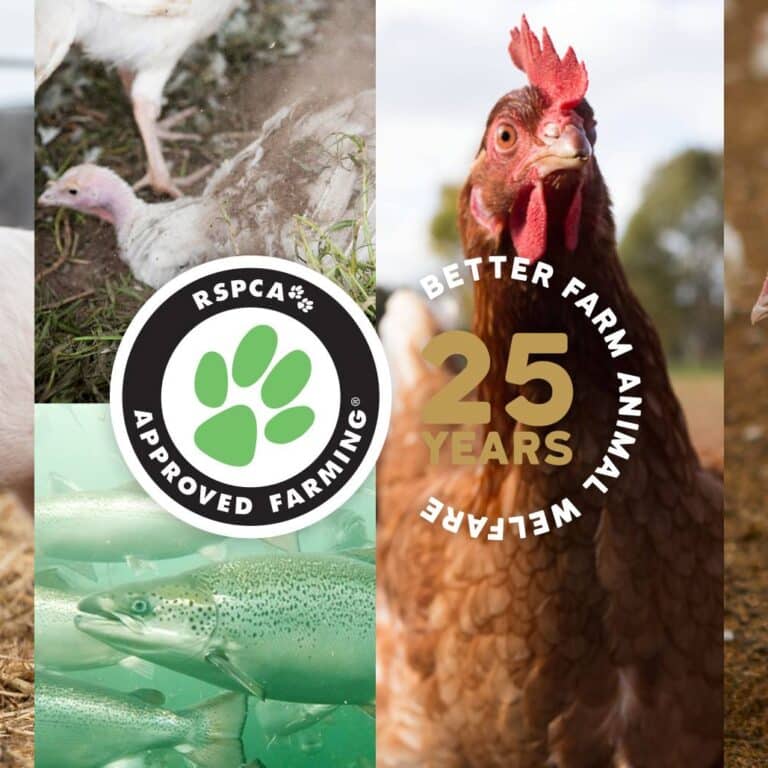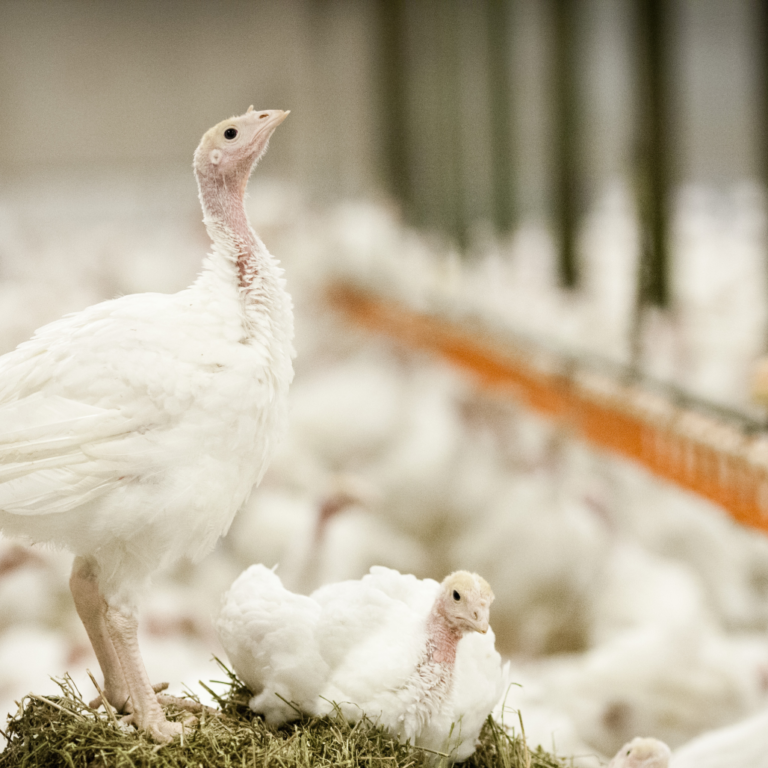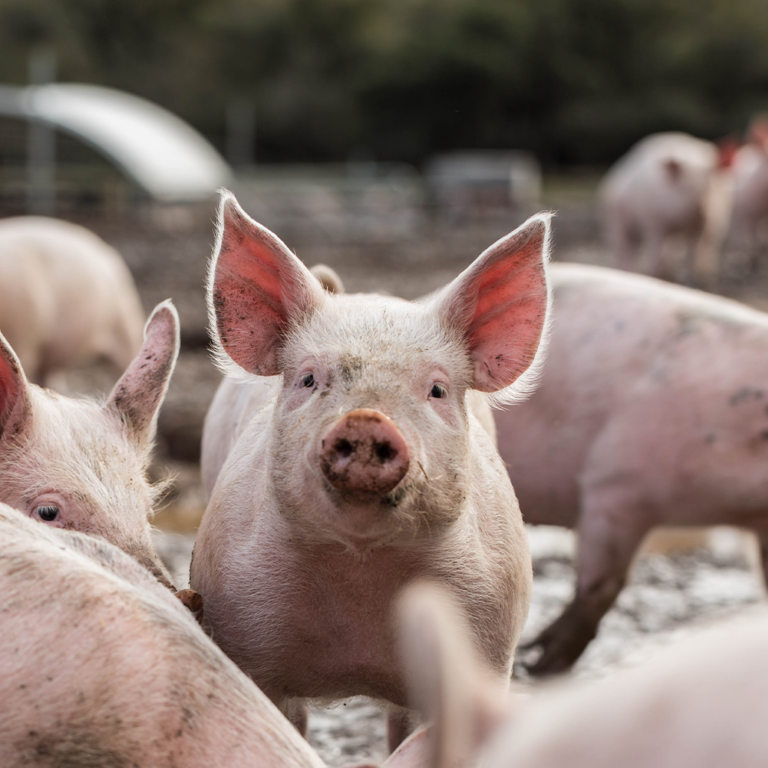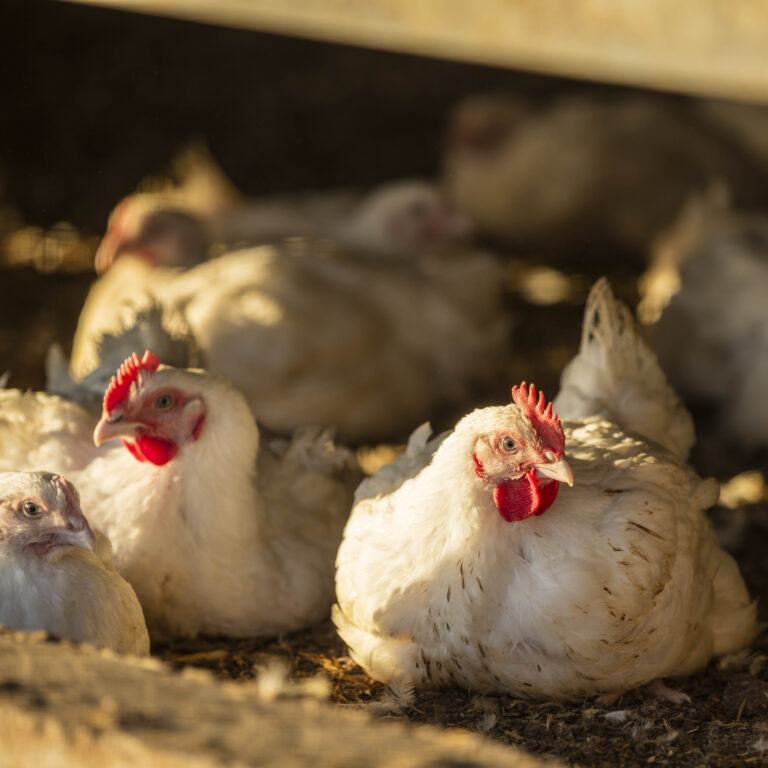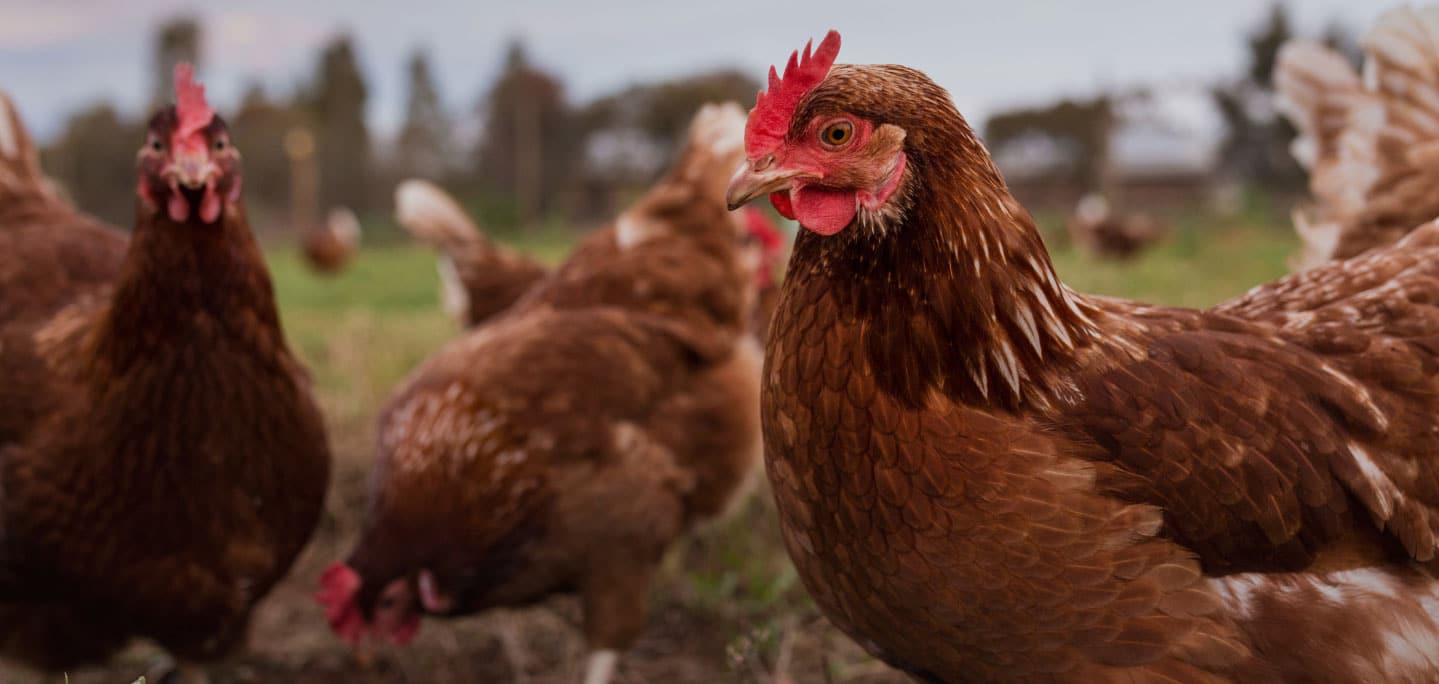For 25 years the RSPCA Approved Farming Scheme has been improving the lives of Australia’s farm animals. Established by the RSPCA, the not-for-profit Scheme plays a key role in the organisation’s efforts to drive continuous improvements for farm animal welfare, in a way that’s tangible and sustainable long term. We’re proud that during its time, the Scheme has seen more than 3 billion animals benefit from higher welfare farming conditions.
In line with this 25th anniversary, we’ve released our 2020 Impact Report. It’s our biggest report to date and shares all the latest data on the impact of the Scheme on the lives of farm animals. It also shares more detail about how the Scheme operates; its role as an independent certification body; the process behind developing the animal welfare standards; and, how assessments of participating farms are conducted.
We know that one of the most meaningful ways the RSPCA can raise the bar for animal welfare within Australian farming industries is by working closely with committed farmers who are raising animals to higher welfare standards. We also know that Australians trust the RSPCA. That’s why our Scheme is like no other in Australia. We have comprehensive standards that are focused on improving animal welfare, as well as a certification process that’s tough and stringent.
Farms participating in the Scheme must meet the RSPCA Standards and be subject to a demanding, ongoing certification process. A key part of this is frequent assessments by specially trained RSPCA Assessors. This means that where the RSPCA Approved certification is found on eggs, meat or fish, a lot has happened behind the scenes to improve animal welfare and this has been independently verified by the RSPCA.
In 2020, 525 farms participated in the Scheme and more than 585 million egg-laying hens, pigs, meat chickens, turkeys and farmed Atlantic salmon were raised to the RSPCA’s detailed animal welfare Standards.
The vast majority of these animals were meat chickens, with over 579 million chickens or 87% of Australia’s total meat chicken production now meeting the RSPCA Standard. While we know there’s more to do to improve welfare for meat chickens, and we’re committed to working with the industry to keep raising the bar, it’s worth recognising where the industry has come from and where they are today.
From sheds that were often highly stocked, with low light, very poor litter quality and no perches, the adoption of the RSPCA Standard has seen space allowance increased, better lighting provided, good litter quality and provision of perches and enrichment, all resulting in better health and wellbeing for these birds. While it’s not essential for better welfare for chickens to have access to the outdoors, if they do, the RSPCA Standard has meant improvements to the quality and appeal of the range, including for example, better shade and shelter, and easier access.
The uptake of the RSPCA Standard by the Australian meat chicken industry is undoubtably the biggest achievement for animal welfare within the Scheme. It’s also clear that the industry wants to show that they are a leader in prioritising animal welfare.
Ultimately, consumers will be the driving force for change. With tomorrow being World Farm Animals Day, it’s a perfect time to reflect on how we can have a positive impact on the lives of farm animals, because making sure all animals – including those farmed for food – have a better quality of life, is paramount.
Explore what the Scheme means for animals and the journey we’ve been on for the past 25 years at our new immersive impact webpage – all of which has only been possible because caring Australians, support a future of higher welfare by choosing RSPCA Approved.

